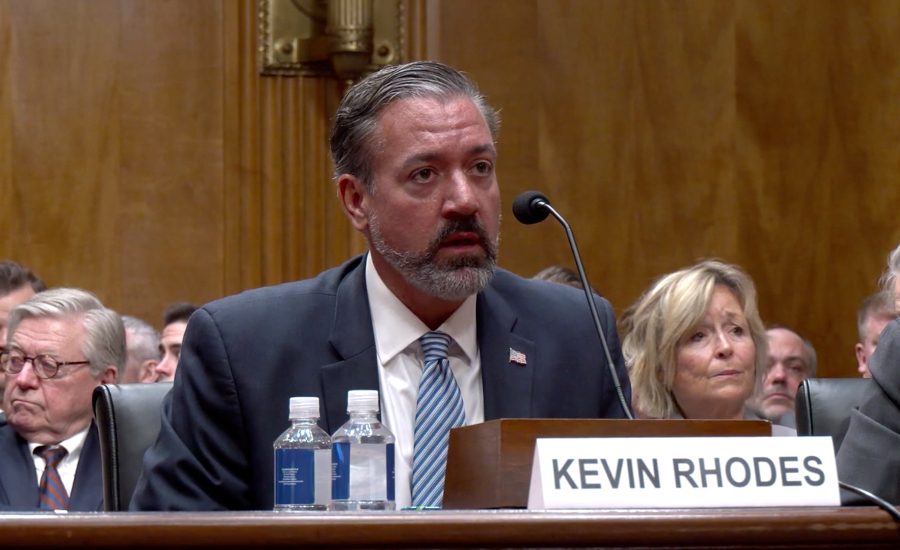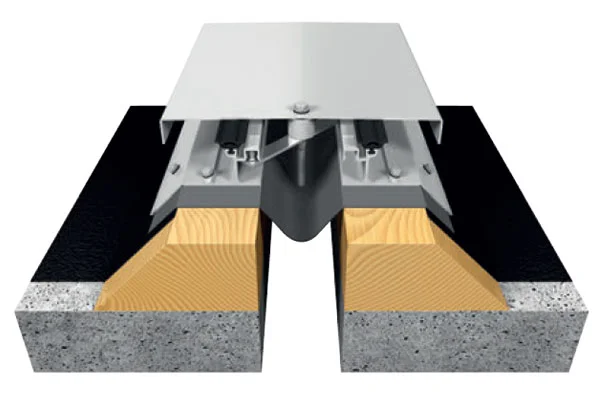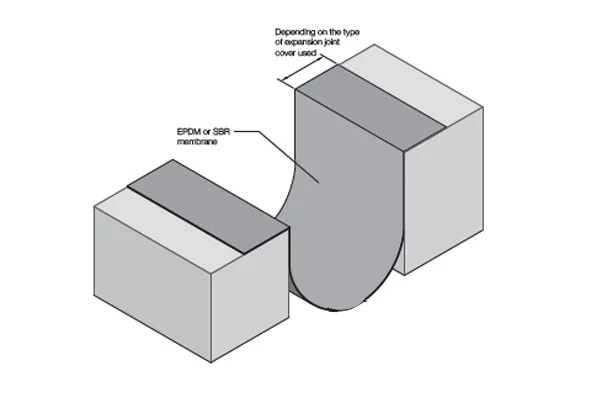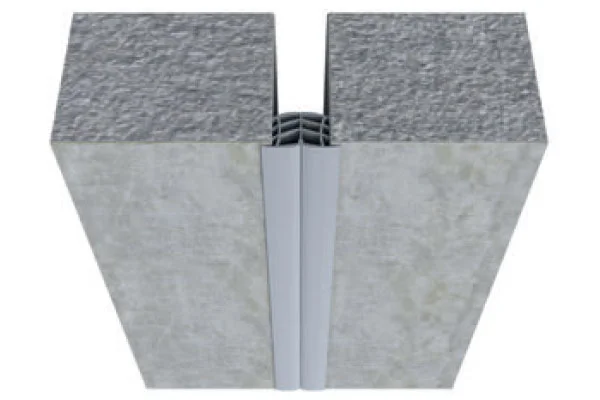
A White House-driven effort to overhaul the Federal Acquisition Regulation with the goal of speeding procurement and increasing competition for government contracts is advancing with most parts of the regulation having been updated, and the White House Office of Management and Budget’s Office of Federal Procurement Policy directing agencies to eliminate non-statutory requirements from future contracts.
The effort stems from an executive order President Donald Trump issued in April that directed the FAR Council, which coordinates federal procurement policy, to work with agencies to amend and simplify the regulation. FAR was first created in the 1980s, and OMB officials say it has become overly complex with additions made over the decades.
The updates will allow more small businesses and others that have not previously sought government business to participate in federal procurement, Kevin Rhodes, an agency senior advisor, said in a statement. “The old rules were built for paperwork; the new rules are built for performance,” he noted.
The FAR Council has been issuing updates in batches. As of Aug. 21, officials have updated 27 parts of FAR, and said they have 26 more to adjust. Two parts were retired. The Office of Federal Procurement Policy also had said on Aug. 15 that agencies should begin removing requirements for future contracts that are not mandated by law or executive order.
Contractor Impacts
For contractors, the overall impact should be more efficient and streamlined procurement, said Jordan Howard, counsel for federal and regulatory affairs at the Associated General Contractors of America. “I’m certainly encouraged to see that,” he said.
But Howard also noted he was disappointed to see that FAR Part 36, the section dealing with construction and architect-engineer contracts, has retained a provision requiring use of project labor agreements for most federal projects estimated to cost at least $35 million. Also, an update to another provision appears to make site visits optional for contractors, although pre-construction conferences are important for them to understand what they are bidding on, he added.
“The concern that we have is making sure that contractors have accurate information, being able to drive the route, survey the site,” Howard said.
Trump’s executive order gave officials 180 days to make the overhaul, which puts the deadline to complete the updates in mid-October.








